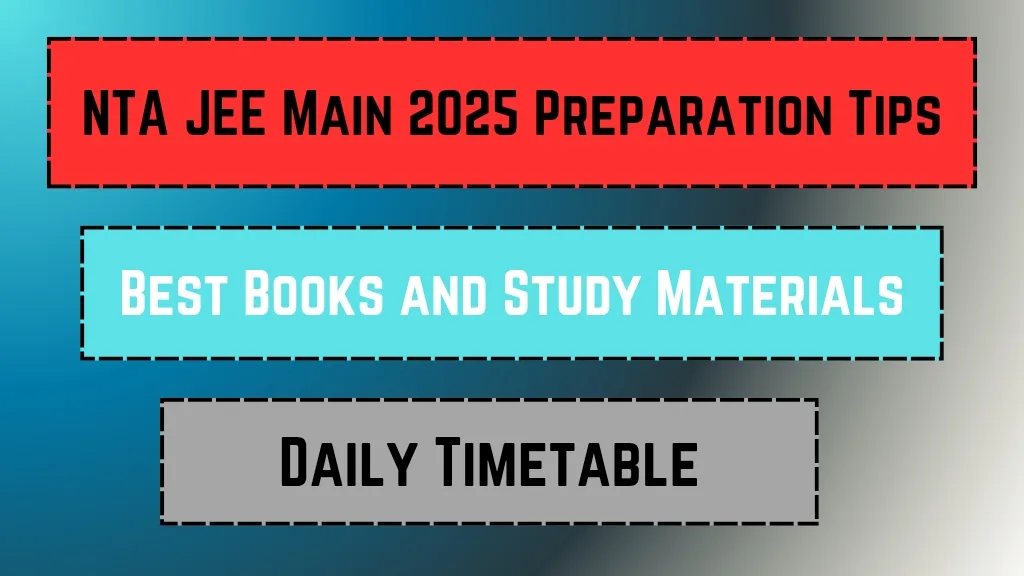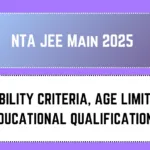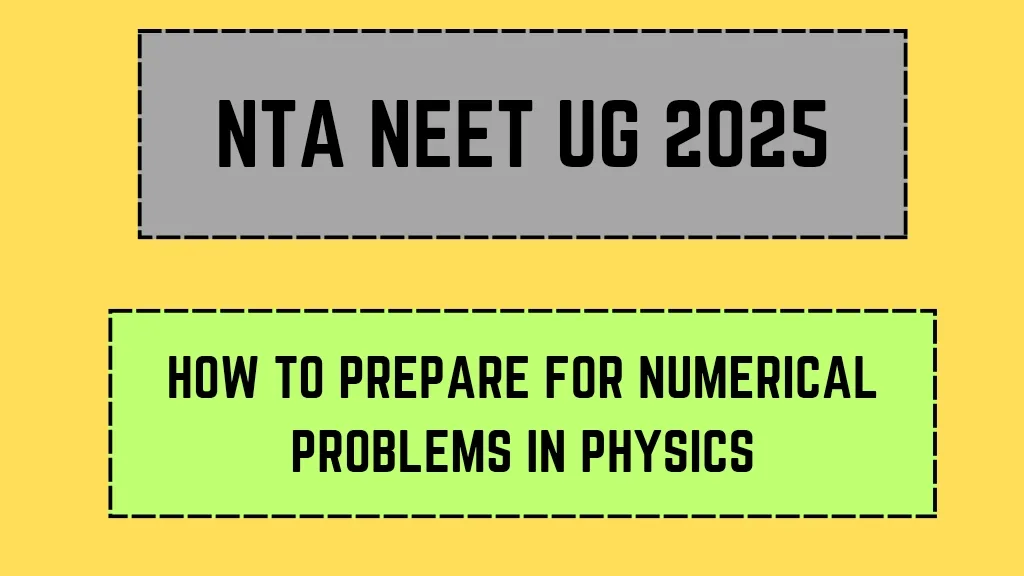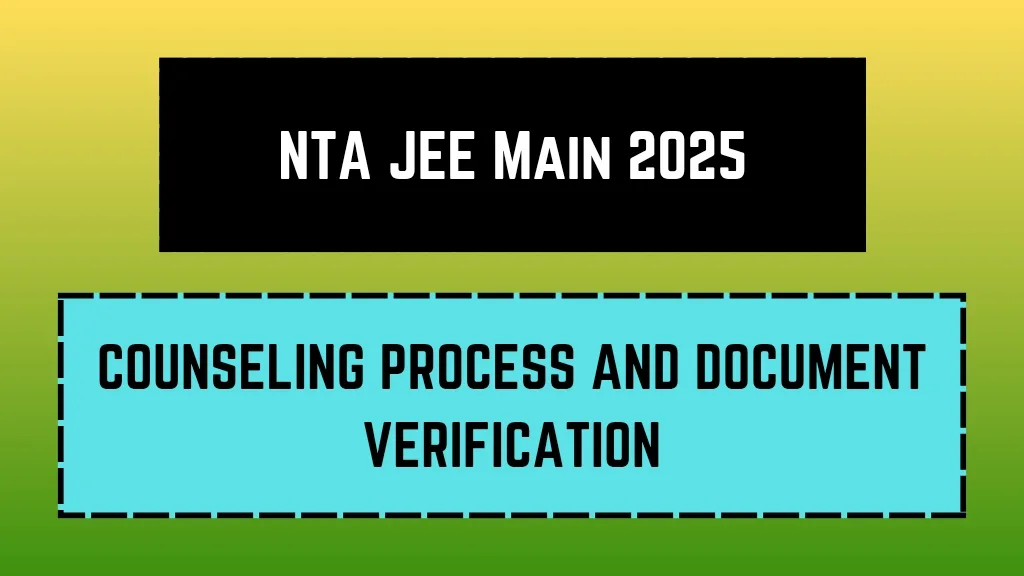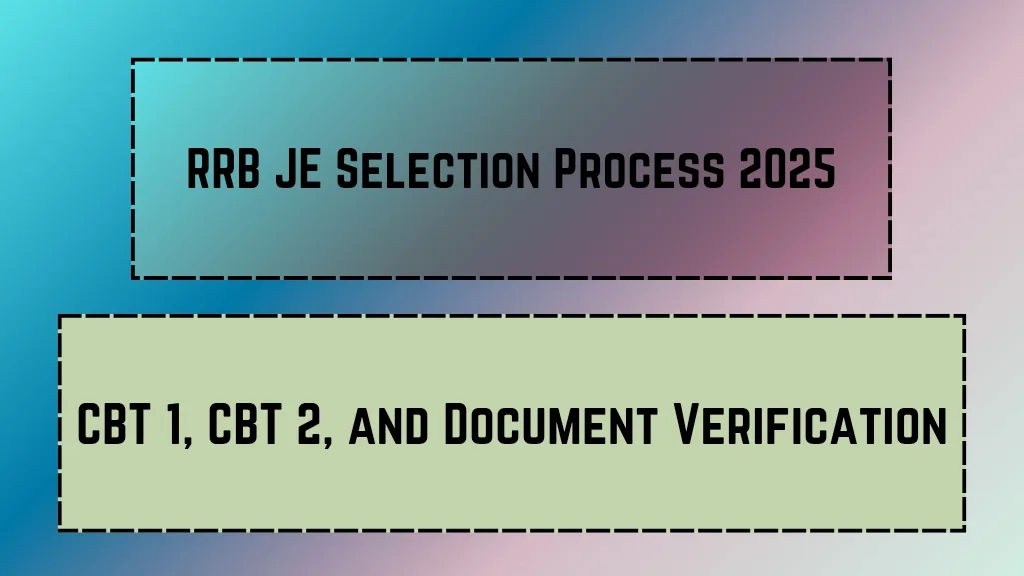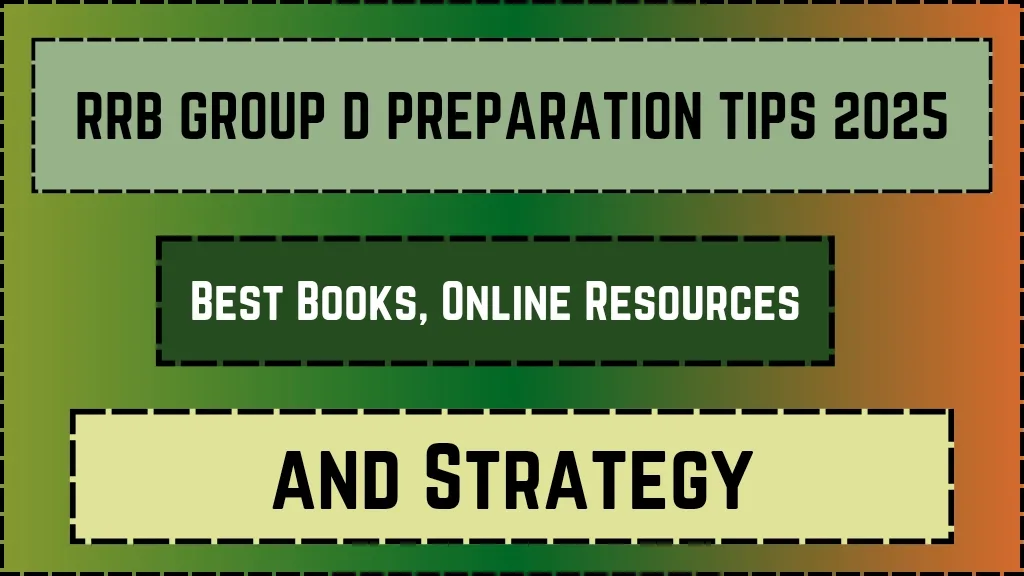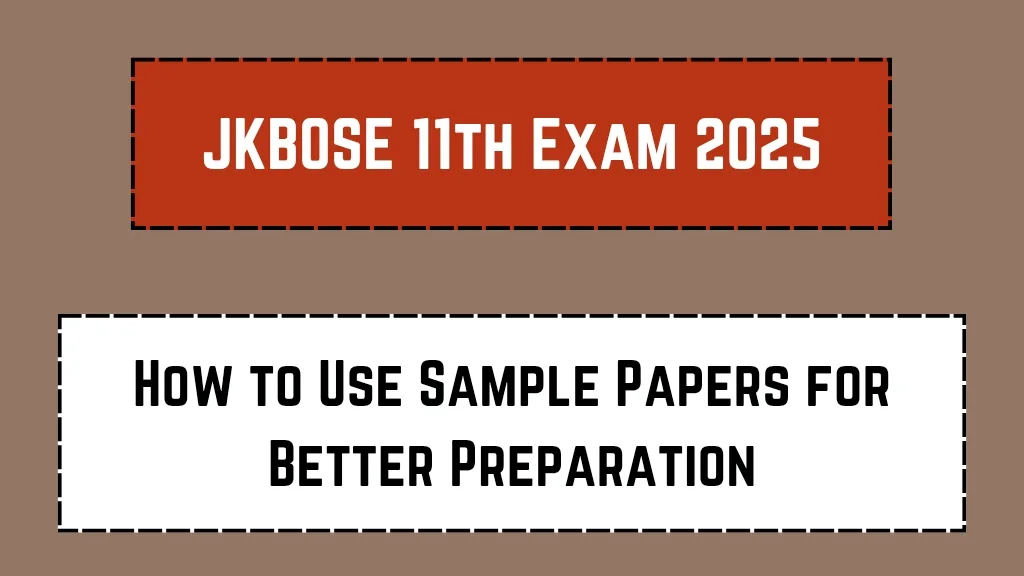Preparing for the NTA JEE Main 2025 can feel overwhelming, but with the right strategy, resources, and dedication, you can ace the exam. This article will guide you through the best preparation tips, recommended books and study materials, and a daily timetable to help you stay on track. Whether you’re just starting or looking to refine your study plan, these insights will ensure you’re well-prepared for one of India’s most competitive exams. Let’s dive in!
Key Highlights 📌
| Key Point | Details |
|---|---|
| Organization Name | National Testing Agency (NTA) |
| Exam Name | JEE Main 2025 |
| Exam Mode | Computer-Based Test (CBT) |
| Subjects Covered | Physics, Chemistry, Mathematics |
| Best Books | NCERT, HC Verma, RD Sharma, OP Tandon |
| Preparation Duration | 12-18 months recommended |
| Official Notification Release | Expected in November 2024 |
| Exam Dates | January and April 2025 (Tentative) |
| Official Website | jeemain.nta.nic.in |
Best Books and Study Materials 📚
Choosing the right books and study materials is crucial for JEE Main 2025 preparation. Here’s a breakdown of the most recommended resources:
Physics
- NCERT Books: Start with NCERT for a strong foundation.
- HC Verma (Concepts of Physics): Perfect for understanding concepts and solving numerical problems.
- DC Pandey (Arihant Publications): Great for practice and advanced-level questions.
Chemistry
- NCERT Books: Essential for inorganic and organic chemistry.
- OP Tandon (Physical Chemistry): Ideal for mastering physical chemistry concepts.
- MS Chauhan (Organic Chemistry): Excellent for problem-solving in organic chemistry.
Mathematics
- RD Sharma: Best for building a strong mathematical foundation.
- Arihant Series: Great for practice and advanced problems.
- Previous Year Papers: Solve these to understand the exam pattern.
Daily Timetable for JEE Main 2025 Preparation 🗓
A well-structured daily timetable is key to effective preparation. Here’s a sample schedule:
| Time | Activity |
|---|---|
| 6:00 AM – 7:00 AM | Morning revision (focus on formulas and concepts) |
| 7:00 AM – 8:00 AM | Breakfast and relaxation |
| 8:00 AM – 11:00 AM | Study Physics (focus on theory and numericals) |
| 11:00 AM – 11:30 AM | Short break |
| 11:30 AM – 2:00 PM | Study Chemistry (focus on reactions and equations) |
| 2:00 PM – 3:00 PM | Lunch and rest |
| 3:00 PM – 6:00 PM | Study Mathematics (practice problems and mock tests) |
| 6:00 PM – 6:30 PM | Evening break |
| 6:30 PM – 8:30 PM | Solve previous year papers or mock tests |
| 8:30 PM – 9:00 PM | Dinner and relaxation |
| 9:00 PM – 10:30 PM | Revise weak topics or solve doubts |
| 10:30 PM | Sleep |
Preparation Tips for JEE Main 2025 🎯
Understand the Syllabus
Start by thoroughly understanding the JEE Main 2025 syllabus. Focus on high-weightage topics like Electrodynamics, Coordination Compounds, and Calculus.
Practice Regularly
Consistent practice is the key to success. Solve mock tests and previous year papers to get familiar with the exam pattern and improve time management.
Focus on Weak Areas
Identify your weak areas and dedicate extra time to them. Use concept videos and reference books to strengthen your understanding.
Stay Healthy
Don’t neglect your health. Take short breaks, eat nutritious food, and get at least 7-8 hours of sleep daily.
Importance of Mock Tests and Previous Year Papers 📝
Mock tests and previous year papers are essential for JEE Main 2025 preparation. They help you:
- Understand the exam pattern and difficulty level.
- Improve time management skills.
- Identify strengths and weaknesses.
Aim to solve at least 2-3 mock tests per week and analyze your performance.
Time Management Strategies ⏰
Effective time management can make or break your preparation. Here are some tips:
- Allocate specific time slots for each subject daily.
- Use a timer while solving practice questions to simulate exam conditions.
- Prioritize high-weightage topics but don’t ignore the rest.
Common Mistakes to Avoid 🚫
Many students make these mistakes during JEE Main preparation:
- Ignoring NCERT books and focusing only on advanced materials.
- Not revising regularly, leading to forgotten concepts.
- Overloading themselves with too many resources.
Rohan Malhotra is a tech writer focusing on recruitment notifications in the IT sector. He holds a degree in Computer Applications and has 3+ years of experience. Rohan enjoys coding and participating in hackathons.

